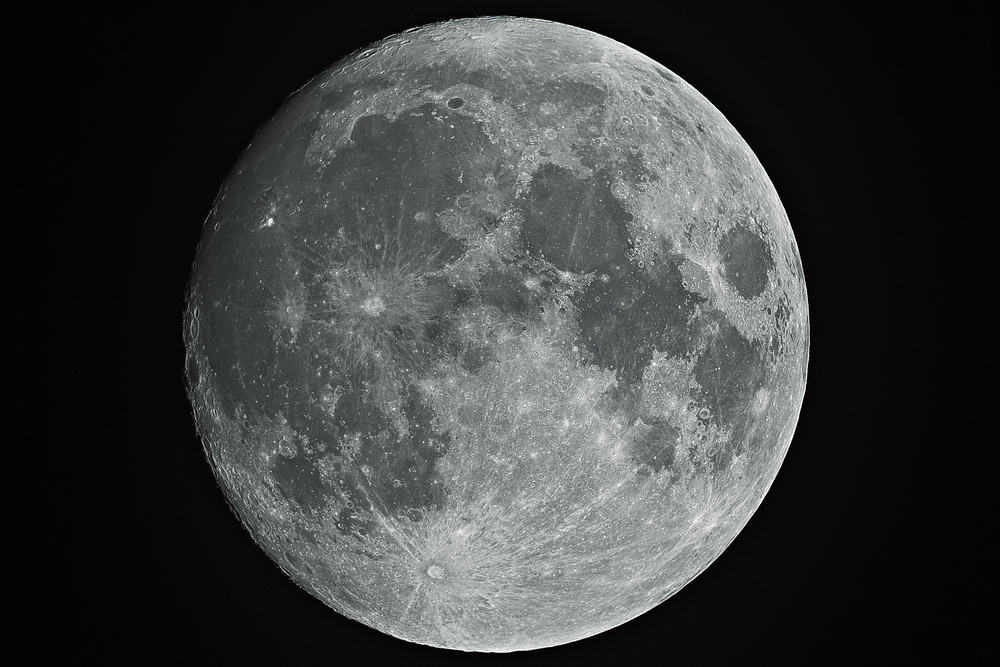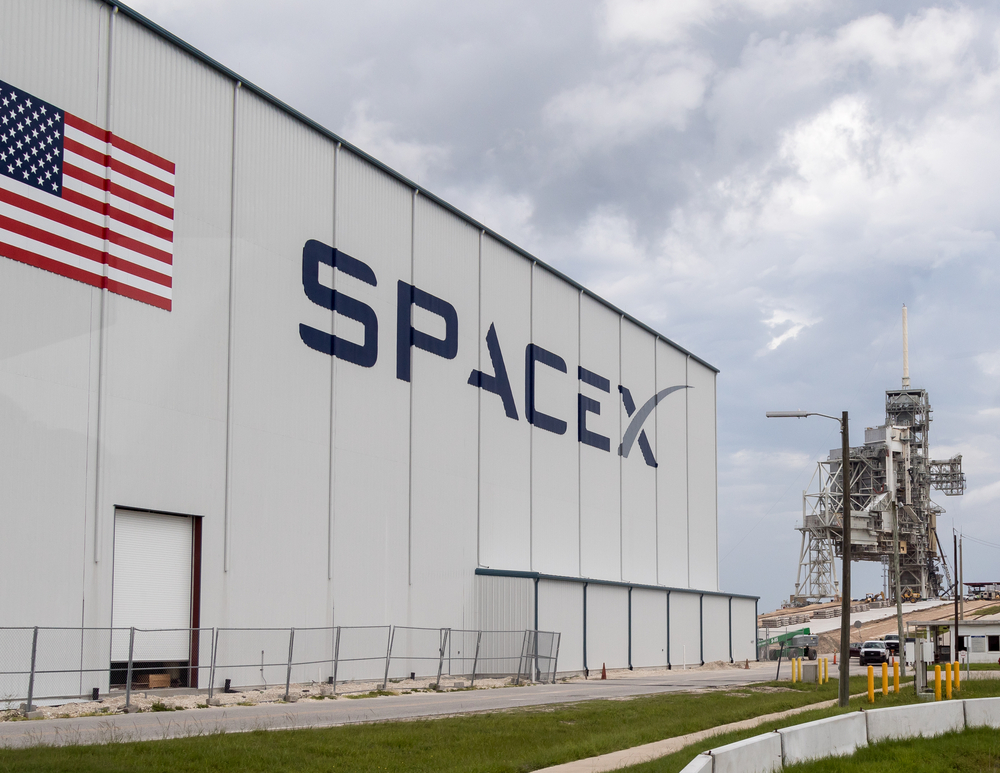Commercial space travel is about to take one huge step. SpaceX successfully tested its Falcon Heavy Rocket at Cape Canaveral in February this year and announced plans to take two private citizens on a trip around the moon in 2018.
The Falcon Heavy Rocket will have twice the payload of its nearest competitor. It also comes at a third of the cost, as SpaceX claim the rockets can be landed and recycled. According to the company site it, “was designed from the outset to carry humans into space and restores the possibility of flying missions with crew to the Moon or Mars”.
After having eight successful commercial flights in 2016, SpaceX plans to have twenty-seven commercial flights in the next calendar year, using the company’s Dragon Spacecraft. Current flights to the International Space Station cost a upwards of $35 million. But, for the small price of an estimated $175 million, you can find yourself as one of the two lucky people who will be jet setting to the moon.
The two private citizens are yet to be named, due to pending health tests to ensure their fitness for the mission. Regardless of who goes, this event is a major milestone for SpaceX founder Elon Musk.

Image Credit: Shutterstock
“The goal for SpaceX, from its founding in 2002, has been to accelerate … space exploration, ultimately with the idea of a self-sustaining civilisation on Mars and making humanity multi-planetary. So a critical step along the way is getting to know what it’s like to have people in deep space.”
Flights will take off from the Cape Canaveral launch pad; the exact same launchpad used for the Apollo missions. The planned flight will see the craft travel out of low Earth orbit (the first time humanity has travelled out of low Earth orbit since the final Apollo Mission in 1972, 45 years ago).
Upon arriving at the Moon, the spacecraft will “buzz” low over the Moon’s surface, although it will not land. Then, using the Moon’s gravity, it will be flung back to Earth. The entire trip is expected to take a week.
“Like the Apollo astronauts before them, these individuals will travel into space carrying the hopes and dreams of all humankind,” SpaceX boldly said in a statement.
This announcement makes 2018 an exciting year for space travel with Virgin Galactic also starting a suborbital commercial flight service. Already, demand is high, with all flights completely booked up until 2021.
Should the SpaceX mission be successful, it could usher in a brand new era in commercial space travel.
Discover more at the SpaceX site here.


